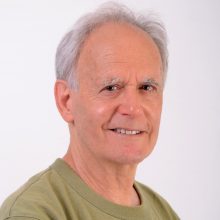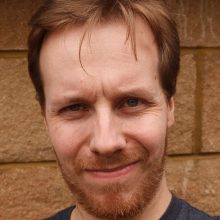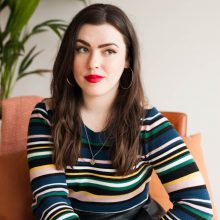Kololo Hill by Neema Shah
What led you into writing?
I wrote stories as a child but stopped when I reached my teens. It was only in 2015, after many years building a career in marketing, that I did short online course in creative writing. I was hooked from the first sentence and decided to explore stories about people with similar backgrounds to my own.
How does a typical day look?
I don’t necessarily have a typical day. For one thing I work full time in marketing and therefore have to find the time whenever I can to write. While writing my debut novel Kololo Hill, I wrote on my smartphone during my commute and at weekends on my laptop. I’ve taught myself to write whenever and wherever because the last thing I need is further restrictions and rules that might hamper my efforts. I knew I just needed to get the novel written. I find I write best in the earlier hours of the day and set myself targets. On weekdays I aim for 500 words a day and on weekends around 2000 words.
In what ways do your characters test your abilities?
That’s such an interesting question. I find the early days of writing my characters the most complicated stage. That is the point where they are still in the far distance, as though I’m looking at them through the fog. As I write, they become clearer to me. Getting to know them is half the fun of writing though. Once that happens, I wouldn’t say they test my abilities because they start to ‘behave’ of their own accord!
What’s your setup?
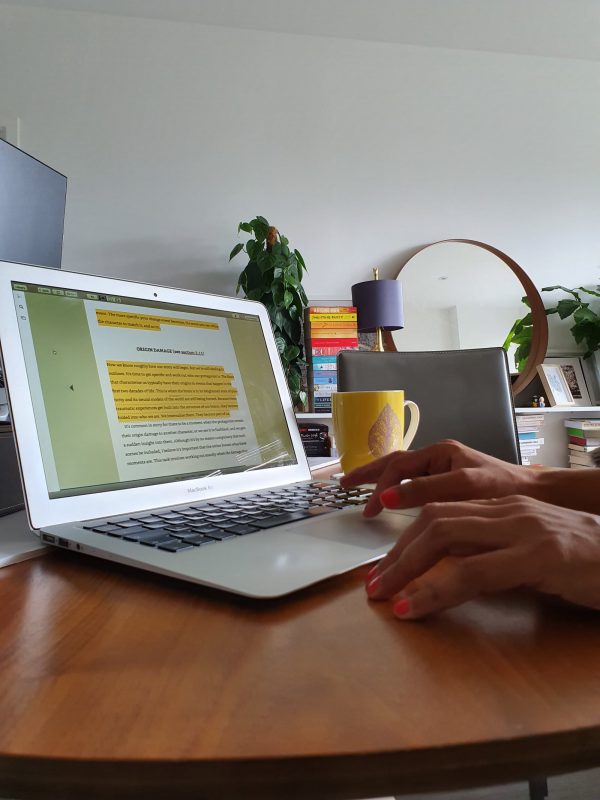
I don’t have a writing setup as such. Sometimes I’ll write on the sofa or even with my laptop on the kitchen worktop so that I can walk on the spot to get my daily steps in (although this is rare)! As I mentioned above, I wrote Kololo Hill on my smartphone on my commute but I’ve also written in libraries, coffee shops, parks, trains, planes – although not automobiles!
What lasting effects have your favourite authors had on your writing and style?
As someone from an underrepresented background, it didn’t occur to me that I could be an author. Growing up, I devoured the rich prose of Salman Rushdie’s Midnight’s Children and Arundhati Roy’s The God of Small Things, looking for some trace of myself between the pages. But of course, those novels are set in India, a place I’d never even visited when I first read these books. I’d always considered my second home to be East Africa, where my parents were born.
Instead, I looked to Small Island by Andrea Levy, which showed me that immigrant stories set in the UK could shed light on history that is never taught in schools, I looked to Half a Yellow Sun by Chimamanda Ngozi Adichie, which showed that books set in Africa could be widely loved and I finally, to Fingersmith by Sarah Waters and her focus on women’s and social history, which chimed with the things I wanted to explore in my own work.
A Toni Morrison quote has also spurred me on to write: ‘If there’s a book that you want to read, but it hasn’t been written yet, then you must write it.’
What do you do for inspiration?
For me, story ideas often come from the history. It’s why I love the research process; something will spark my interest and then I find myself asking lots of questions. Who would have lived through that? What were they like? When it comes to detail for prose, I can find inspiration anywhere from an art gallery to reading other novels to watching a TV show where a character says something completely unrelated to my story. I think it’s important to look outside the novel for inspiration because we become so subsumed by the story that it can narrow our view.
What repeating themes do you find yourself pulling into your stories?
I’m drawn to the themes of home and belonging. I want to explore what it’s like to have your heart and your mind in more than one culture or country yet feel like you’re part of them both. I find that I also write a lot about freedom, independence and what it is to be an outsider
How do you wind down?
I’m not sure I do wind down from writing as such. When I’m in the middle of writing a novel, I suppose my creative mind is always whirring, from the moment I wake up until the last thing at night. If I’m having a break from writing, I enjoy reading of course, but also spending time with family and friends. Eating is a particular pastime!
What sort of challenges do you regularly overcome while designing your world/setting?
Writing historical fiction of course requires me to be able to visualise a world or setting clearly. I have a tendency to fall down research rabbit holes. Nowadays I’ve learnt that you need to do just enough research before you start writing to have a framework for the story. You can always go back later once you have a first draft.
What are you reading at the moment?
I used to be a one-book woman. When I started writing, that all changed. I tend to have a research book on the go, plus a few novels. Right now, I’m reading the 7 Husbands of Evelyn Hugo by Taylor Jenkins Reid, People Like Us by Louise Fein, Elevator Pitch by Linwood Barclay and I recently finished Monster Souls by Rebecca Kelly.
What’s the most useful advice you could give to an aspiring author?
Try free writing. This requires writing whatever comes into your head even if it’s not directly related to the story and not looking back over your work. I find this frees up my mind and eventually something unlocks so that writing flows. It takes some discipline, but this technique is the first thing I learnt in the online creative writing course and I doubt I’d ever have written a novel without it. The words won’t be perfect the first time we write them but that is what 2nd 3rd 4th drafts are for! Trust your ‘future self’ to go back and polish them.
Tell us about the book you’re promoting.
Kololo Hill is set in 1972 amid the real-life Ugandan Asian expulsion by President Idi Amin, the story focuses on recently-married Asha and her husband Pran, who are forced to leave everything behind except their secrets. It’s partly inspired by my own family background because my grandparents left India during World War 2 to start a new life in East Africa.
👋 Hi! I run Author Interviews
As a new writer I found myself itching to contribute to a thriving, creative community, so I made Author Interviews and I've met loads of wonderful people in the process. You can buy my debut fantasy RINGLANDER: THE PATH AND THE WAY from Amazon.
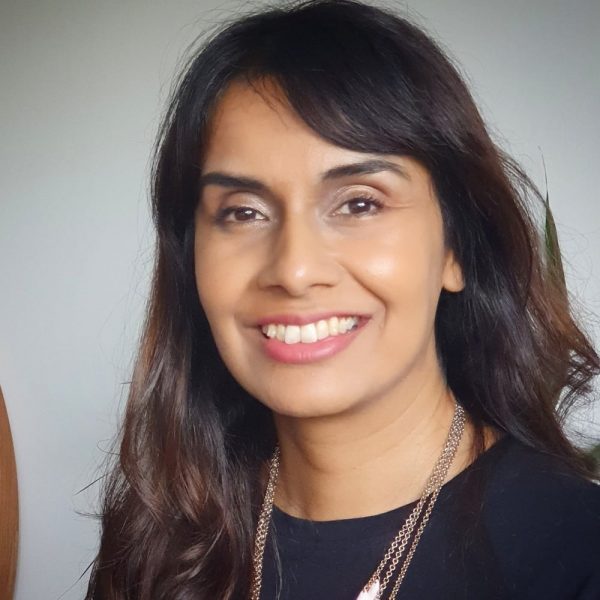
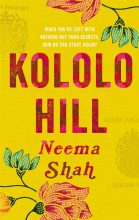
 Audible
Audible